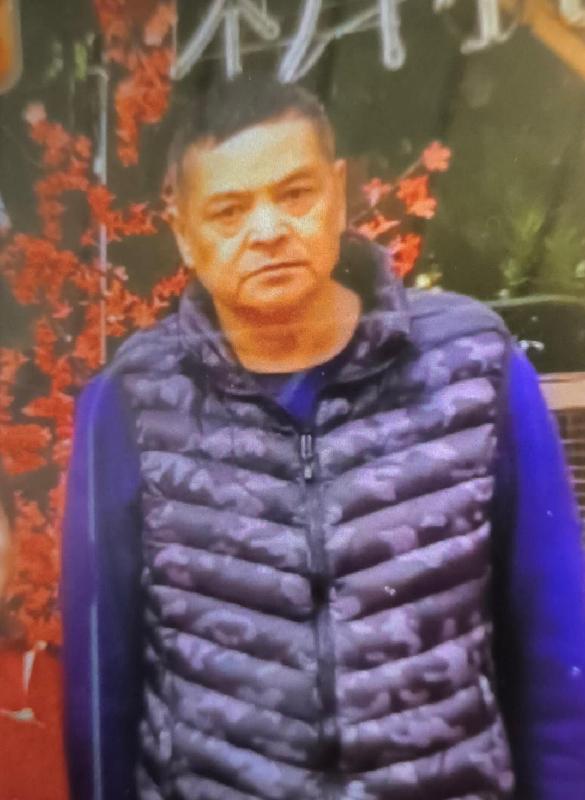The Chief Executive announced in the 2024 Policy Address the establishment of the Committee on Education, Technology and Talents. The Chief Secretary for Administration, Mr Chan Kwok-ki, chaired the first meeting today (December 13). The Secretary for Education, Dr Choi Yuk-lin; the Secretary for Innovation, Technology and Industry, Professor Sun Dong; the Secretary for Labour and Welfare, Mr Chris Sun, and Permanent Secretaries or representatives of the three bureaux attended the meeting.
In the meeting, the Committee discussed the work plan on promoting Hong Kong into an international hub for high-calibre talent, targeting the manpower demand of Hong Kong’s strategic positioning of "eight centres". The Committee will adopt the following three major strategic directions to enhance the system, aggregation and synergy of policies, as well as the cross-bureaux co-ordination in the work on promoting integrated development of education, technology, and talent:
(1) Attract high-quality innovation and technology (I&T) talent, lead the I&T sector in revamping its positioning and planning, and develop into an international I&T hub linking the Mainland and the rest of the world by leveraging the development of the Hong Kong Park of the Hetao Shenzhen-Hong Kong Science and Technology Innovation Co-operation Zone (Hetao Co-operation Zone);
(2) Establish an international education hub to build and promote the "Study in Hong Kong" brand, provide talent support for "eight centres" as well as technologies and innovations; and
(3) Enhance talent admission schemes and talent services in accordance with the changes brought about by the strategic positioning of industries in Hong Kong, attract I&T and leading talent that are conducive to the development of the country, as well as resolving issues supporting the education of children of incoming talent.
The Committee agreed to focus on following up and implementing these key areas of work in the coming year, with a view to enhancing the system interface in the short term:
- enhance the General Employment Policy and the Admission Scheme for Mainland Talents and Professionals by allowing a specified number of young and experienced non-degree talent with relevant professional and technical skills to apply for entry into Hong Kong to join the skilled trades facing acute manpower shortage;
- introduce a mechanism under the Quality Migrant Admission Scheme to actively invite top-notch talent to come to Hong Kong for development and promote Hong Kong as the focal point of international high-calibre talent;
- review the Technology Talent Admission Scheme to tie in with the I&T development of Hong Kong;
- seize the opportunity brought by the commencement of operation of the Hong Kong Park of the Hetao Co-operation Zone next year, and leverage various initiatives conducive to the development of upstream, midstream and downstream sectors of the I&T ecosystem to fully realise the notion of attracting talent with industries; and
- review the prevailing Immigration Arrangements for Non-local Graduates and education matters of dependents who are children of incoming talent through talent admission schemes.
Mr Chan said, "In formulating the macro policy directions for education, technology and talent, the Committee will build on the strategic positioning and advantages of the "eight centres" and make holistic plans to strategise talent chains, innovation chains, industrial chains and capital chains to drive technological innovation, industrial innovation and the co-ordinated development of human resource supply and demand, while flexibly introducing and gathering specialised talent of various sectors to build an international hub for high-calibre talent for contributing to the high-quality development of Hong Kong and the country and accelerating the advancement of Chinese modernisation."
The terms of reference and membership of the Committee are set out in the Annex.



